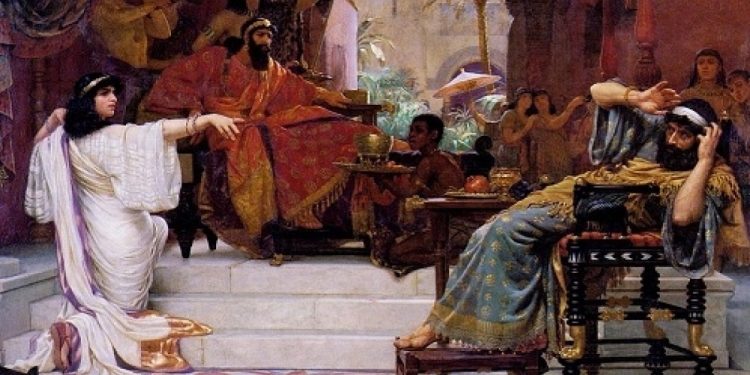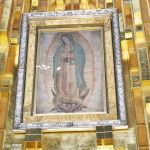
Fast Of Esther
The Fast of Esther, also known as Ta’anit Esther, is a fast observed on the eve of Purim. This fast commemorates events in the Book of Esther—Esther and the Jewish community of Shushan fasting for three days and nights before she approached the king, or the fast that is presumed to have occurred on the 13th day of Adar, a time when the Jews fought against their enemies.
This fast is called the Fast of Esther because she was the one who first requested the observance of a fast. Because this fast day is not one of the four fast days specifically mentioned in the Prophetic Writings, it is not observed as stringently as other fast days.
The History of the Fast of Esther
The chief minister of King Ahasuerus, Haman, became incensed that the Jew Mordecai held him in disdain and refused to pay respect to him, convincing the king that the Jews living under Persian rule were rebellious. He also recommended that they be slaughtered. After the king consented, Haman set a date for the execution on the 13th day of Adar and built gallows for Mordecai.
Esther, the Jewish queen of Ahasuerus and the adopted daughter of Mordecai, when she heard about the planned massacre, risked her own life by going to the king without an invitation to suggest a banquet that Haman would attend.
At this meal, she accused Haman of plotting to destroy her people. Distraught, the king stepped out into the palace gardens. When he returned, he found Haman falling on the couch where Esther was. Haman was pleading with her for mercy, but the king mistook it as an attack on her.
The outraged king then ordered that Haman be hanged and that Mordecai be put into his position. Esther and Mordecai obtained a royal edict that allowed Jews all across the empire to attack their enemies on Adar 13. After the victory, the Fast of Esther and Purim were established.
Observing the Fast of Esther
This fast day is observed not only with fasting but also by public readings from the Book of Esther. The Fast of Esther is also a time to make preparations for Purim—a time when people usually give each other gifts of food and wine, give to the poor, and celebrate with a festive holiday meal.








